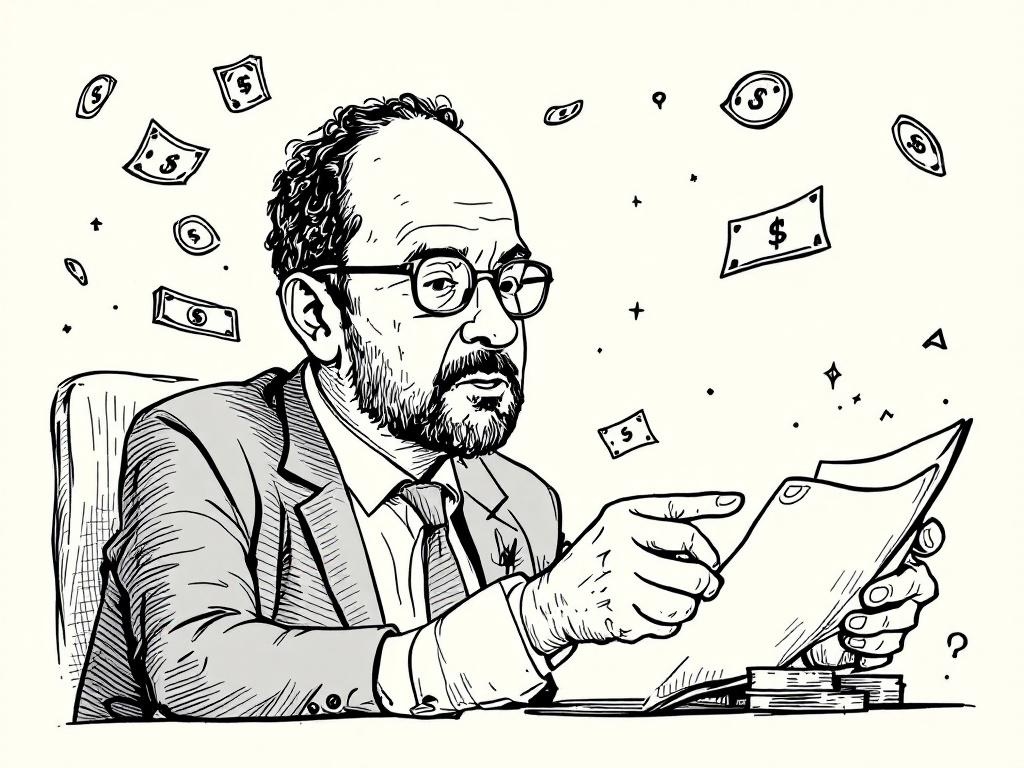Economist Warns of Deep Imbalances in US Economy

New York, Wednesday, 12 November 2025.
Neil Dutta, of Renaissance Macro Research, alerts to rapid labor market weakening and sustained inflation, posing risks to economic stability and wealthier demographics.
Labor Market Weakness and Inflation Concerns
Neil Dutta, head of economics at Renaissance Macro Research, has expressed serious concerns about the current state of the US economy. He describes it as ‘deeply unbalanced,’ with a particular focus on the rapidly weakening labor market and persistent inflationary pressures. According to Dutta, the labor market is deteriorating at an even faster pace than previously estimated, posing a significant risk to economic stability. This weakening trend is not only alarming for lower-income groups but also threatens to extend its impact to wealthier demographics soon [1][2].
Implications for Economic Stability
The US unemployment rate is reportedly already around 4.5%, which surpasses the Federal Reserve’s estimates for the end of the year. This figure indicates a more accelerated deterioration than anticipated, raising concerns among economists and policymakers alike [1]. The labor market’s vulnerability is compounded by inflation, which currently stands at approximately 3%. While some argue that inflationary pressures are beginning to ease, the downside risks to the labor market overshadow any potential reduction in inflation [1][3].
Economic and Policy Responses
The current economic climate has sparked debates around policy responses, with suggestions that the Federal Reserve should continue cutting interest rates to manage the evolving economic landscape. The complexity of employment dynamics, characterized by non-linear changes and potential spikes in unemployment rates, further complicates the policy-making process [1][3]. Additionally, recent reports indicate a significant decline in US consumer sentiment, which has tumbled to near-record lows. Factors such as the prolonged government shutdown and elevated prices have contributed to a grim outlook on personal finances and the labor market [2][4].
Wider Economic Context
Amidst these challenges, the US economy is exhibiting signs of a ‘k-shaped’ recovery, where the affluent continue to thrive while many others struggle. This dichotomy is underscored by recent corporate cost-cutting measures, such as Walgreens’ decision to eliminate paid vacation time for retail workers to reduce expenses [1][3]. Furthermore, the recent conclusion of the government shutdown is expected to provide some relief, as it allows for the resumption of official economic data releases, offering clearer insights into the Federal Reserve’s policy outlook [3][4].